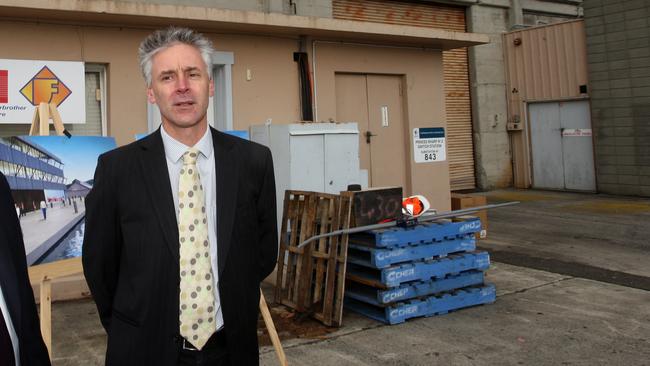University of Tasmania bid to restrict research an ‘attack on free speech, academic freedom’
Academics claim a move by the University of Tasmania to limit higher degree research to an approved list is an attack on free speech and academic freedom.

Academics claim a move by the University of Tasmania to limit higher degree research to an approved list is an attack on free speech and academic freedom.
A directive from pro vice-chancellor Peter Frappell circulated on June 10 and obtained by The Australian outlines a “new approach” to be piloted for masters and PhD degrees. “In order to ensure the research being undertaken is aligned to college and university strategy, all HDR (higher degree research) applicants will now apply for a project listed on the website,” Professor Frappell wrote.
These “will have been approved by” a head of school and an associate dean of research performance. “In particular disciplinary contexts, there will still be avenues to allow outstanding applicants to devise their own projects in line with staff expertise and strategy,” he said. “But our focus will be ensuring we align our HDR resources with the strategic priorities of the colleges and university and provide the highest levels of support to our HDR candidates.
“This will allow us … to better market our projects and HDR opportunities, and … ensure candidature is a rewarding experience for all stakeholders.”
Some academics privately expressed “outrage”, claiming the changes would undermine choice for students and were part of a trend towards the “corporatisation” of the university. Several said it could also be seen as a bid to avoid controversial research areas that ran counter to prevailing or “woke” culture and to impose management control on academic research.
Former Aboriginal studies HDR supervisor Ian McFarlane said he found the shift concerning.
“When students come to you and want to do a masters or PhD, they should have a passion for what they want to do; otherwise it’s a long time and you burn out,” Dr McFarlane said. “If you do a doctorate, that’s with you for the rest of your life. You base your whole career on that. And for a university or some other body to say ‘here’s a list, this is what you’re going to be’ is ridiculous.”
He believed it was “not in keeping” with academic traditions. “It should be about free speech and encouraging research into new areas … It should be original research that makes a real contribution. Why as a student would you incur a huge HECS debt to devote your life into a subject that someone else has picked for you?”
UTAS deputy vice-chancellor (research) Anthony Koutoulis said the changes had “nothing at all to do with avoiding controversial subject matter”. “One of our key roles is to undertake evidence-based research on matters that are contestable in the community, some of which are extremely controversial,” Professor Koutoulis said.




To join the conversation, please log in. Don't have an account? Register
Join the conversation, you are commenting as Logout